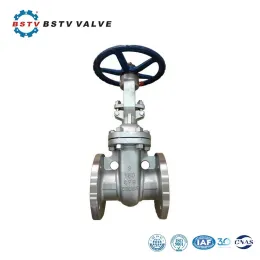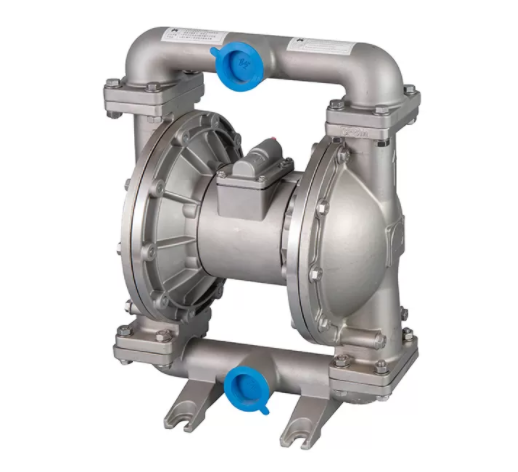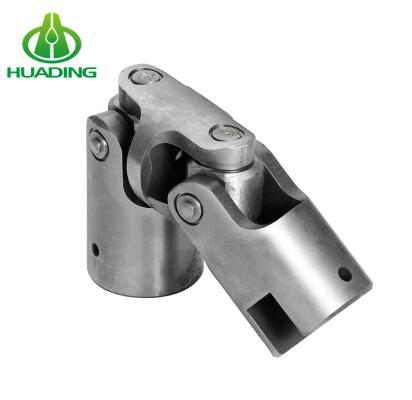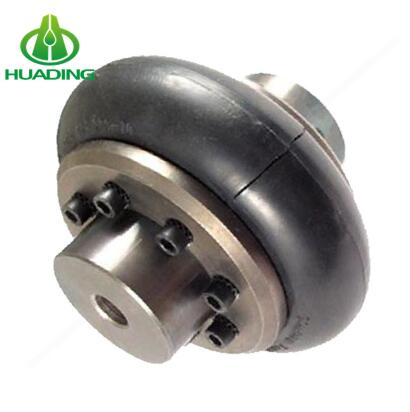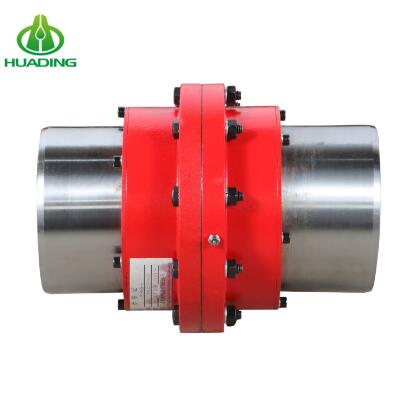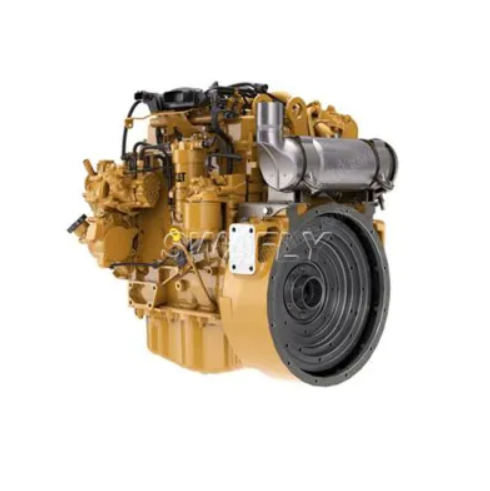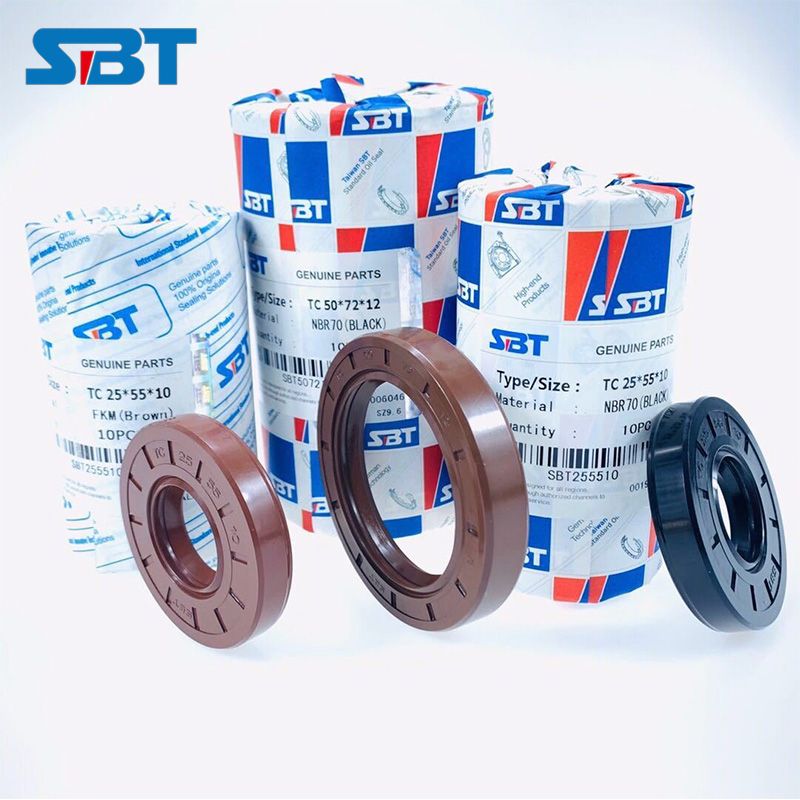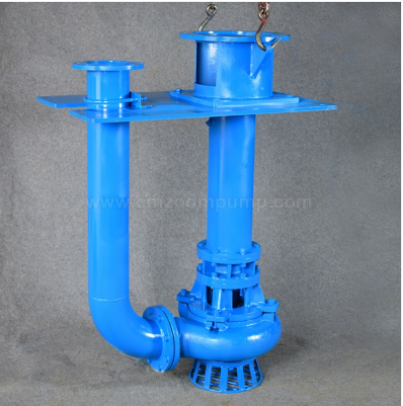Why do gate valves fail? What is the main disadvantage of the gate valve?
Gate valves are commonly used in various industries for controlling the flow of liquids or gases. However, despite their widespread use, gate valves are prone to certain issues that can lead to failure. The main disadvantage of gate valves lies in their design, specifically in how they operate. Unlike other types of valves that open and close with a rotating motion, gate valves use a linear motion to raise or lower a gate-like disc to control flow. While this design offers some advantages, such as minimal pressure drop and tight sealing, it also poses several challenges that can contribute to valve failure.
One of the primary reasons why gate valves fail is due to their susceptibility to damage from debris or particulate matter in the fluid stream. When the valve is in the closed position, the gate disc rests against the valve seat, creating a tight seal. However, if any debris becomes trapped between the gate and the seat, it can prevent the valve from fully closing, leading to leakage or even complete failure of the valve. This is especially problematic in applications where the fluid being controlled contains solid particles or sediments, such as in wastewater treatment plants or industrial processes.
Another common cause of gate valve failure is wear and tear on the valve components, particularly the gate and seat. Over time, the repeated opening and closing of the valve can cause erosion or corrosion of these components, compromising their integrity and affecting the valve's ability to seal properly. Additionally, if the valve is subjected to high temperatures or abrasive fluids, it can accelerate the degradation of the materials, further reducing the lifespan of the valve and increasing the likelihood of failure.
Additional resources:Can a Ball Valve Get Clogged? What Are the Limitations of Ball Valves?
Comparing Kelly Valves and Casing Spools: Pros and Cons
How Does a Pneumatic Cylinder Speed Control Valve Work and Where Is It Applied?
Can you use an airless sprayer without a filter?
Linear Dampers vs Axial Damper: Choosing the Right Solution
What is the difference between rigid and flexible flange coupling?
What is the difference between a slurry pump and a water pump?
Furthermore, gate valves are susceptible to problems such as sticking or jamming, particularly in applications where they are infrequently operated. If the valve is left in the closed position for an extended period, the gate disc may become stuck due to corrosion or buildup of deposits on the sealing surfaces. This can prevent the valve from opening or closing properly, resulting in operational issues and potential downtime for maintenance or repair.
In addition to these operational challenges, gate valves also have limitations in terms of their flow control capabilities. Unlike other types of valves, such as globe valves or ball valves, gate valves are not well-suited for throttling or regulating flow. Their binary open/close operation means that they are typically used in applications where on/off control is sufficient, rather than for fine-tuning flow rates. This limitation can be a significant disadvantage in systems where precise flow control is required, leading to inefficiencies or inaccuracies in the process.
In conclusion, while gate valves offer several advantages in terms of sealing performance and minimal pressure drop, they are not without their drawbacks. The main disadvantage of gate valves lies in their susceptibility to failure due to issues such as debris accumulation, component wear, sticking, and limited flow control capabilities. To mitigate these risks, proper maintenance and monitoring of gate valves are essential, along with careful consideration of their suitability for the intended application. By addressing these challenges proactively, users can ensure the reliable and efficient operation of gate valves in their systems.
Enhancing Oilfield Safety with Sucker Rod Blowout Preventers (BOPs) for High-Pressure Environments
Advantages of Triplex Mud Pumps
The Benefits of Investment Casting
How precise is investment casting?
How Do I Choose the Right Oil Seal Kit?
Differences between Cast Steel and Forged Steel Valves
What are miniature bearings used for?





